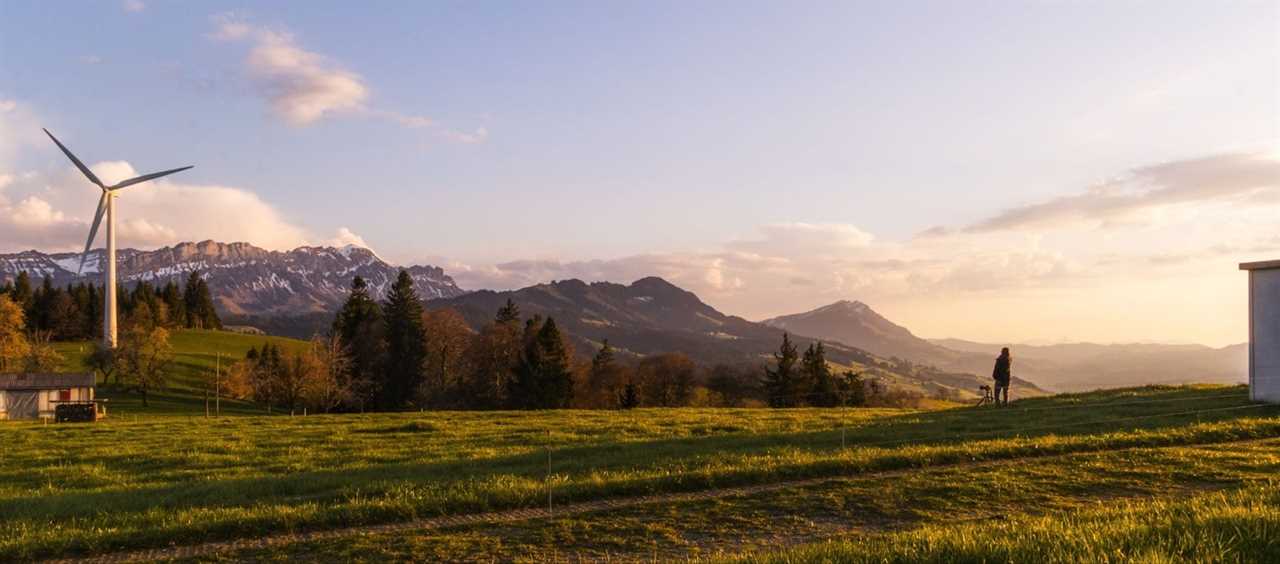
In an era where environmental consciousness is more than a trend but a necessity, zero-impact travel is gaining unprecedented attention. This movement is not just about reducing your carbon footprint but immersing yourself in sustainable living practices.
In this journey, we explore the fascinating world of Earthships and Eco-Homes, architectural marvels that offer insights into how travel can harmonize with nature.
1. Earthships: Pioneers Of Sustainable Architecture
Earthships are more than just a place to stay; they are a testament to sustainable living. These self-sufficient homes, primarily built from natural and upcycled materials, create a unique harmony with the environment. The concept extends beyond the structure to a lifestyle that emphasizes minimal environmental impact.
Eco Structures, an industry leader when it comes to such buildings, have designs that maximize energy efficiency and minimize waste. With features like solar power, rainwater harvesting, and natural cooling systems, Earthships redefine the essence of eco-friendly travel.
2. The Charm Of Eco-Homes: Modern Meets Sustainable
Eco-Homes, the contemporary cousins of Earthships, blend modern design with environmental ethics. These homes are constructed with a keen eye on sustainability, often utilizing renewable materials and energy sources.
Their design focuses on reducing energy consumption while maximizing comfort, making them ideal for travelers seeking a green retreat. From bamboo structures in Asia to recycled wood cabins in Scandinavia, Eco-Homes offer a diverse range of eco-friendly accommodations around the globe.
3. Living Off The Grid: The Ultimate Eco-Experience
For those who want to take zero-impact travel to the next level, living off the grid in an Earthship or Eco-Home provides an unparalleled experience. This lifestyle choice is about being self-reliant and reducing reliance on public utilities.
It’s about learning to live with what the earth provides and understanding the true value of natural resources. Off-grid living is not just a stay; it’s an educational journey into sustainable living.
4. Community-Based Eco-Homes: Social Sustainability
Sustainability isn’t just about the environment; it’s also about communities. Many Eco-Homes are part of larger sustainable communities, where residents and travelers alike can share resources, ideas, and cultures.
These communities often offer workshops and activities centered around sustainable practices, providing a unique opportunity for travelers to engage with local communities and learn about their eco-friendly lifestyles.
📖 Recommended Reading: If you’re looking for more useful information, check out Shipping Container Homes: An Eco-Friendly Way to Live
5. The Future Of Travel: Eco-Resorts And Green Hotels
As the demand for sustainable travel options grows, so does the number of eco-resorts and green hotels worldwide. These establishments take the principles of Earthships and Eco-Homes and apply them to a larger scale, offering guests luxurious yet environmentally friendly accommodations.
From solar-powered villas to resorts with zero waste policies, these destinations are setting new standards in the travel industry.
6. Eco-Villages: A Glimpse Into Sustainable Communities
Eco-Villages offer a unique perspective on sustainable living. These are intentional communities aimed at creating a low-impact lifestyle. By staying in an eco-village, travelers can immerse themselves in practices like organic farming, communal living, and resource-sharing.
These villages are not just accommodations; they are dynamic environments where every aspect of daily life is guided by the principles of sustainability and community well-being. It’s an opportunity to learn about collaborative consumption and see firsthand how a community can thrive while respecting the limits of our environment.
7. Restoration Retreats: Travel With A Purpose
Restoration retreats add an active dimension to zero-impact travel. These retreats are often set in areas requiring environmental or wildlife conservation efforts. Travelers can participate in activities like reforestation, wildlife monitoring, or beach clean-ups.
These retreats provide a dual benefit: they offer a chance to contribute positively to the planet while allowing travelers to connect with nature in a profound and impactful way. Restoration retreats embody the spirit of responsible tourism, where the act of traveling contributes directly to the preservation of the destinations we cherish.
Conclusion
The exploration of Earthships and Eco-Homes opens up a new realm of travel possibilities. These structures are not just about providing a place to stay; they are about offering an immersive experience in sustainable living.
As travelers increasingly seek meaningful and environmentally responsible experiences, Earthships and Eco-Homes stand as beacons of inspiration, showing us that it’s possible to explore the world without leaving a negative impact on it. Zero-impact travel is more than a concept; it’s a journey towards a more sustainable future.
Disclosure: This blog post may contain affiliate links, which means that I may receive a commission for any purchases made through the links. Your trust is important to us, and we ensure that all products or services we recommend meet or exceed our editorial standards.
The post Zero-Impact Travel: Exploring Earthships And Eco-Homes appeared first on Travel Experta - Travel, Lifestyle, Freedom.
------------------------------------------
Title: Zero-Impact Travel: Exploring Earthships And Eco-Homes
Sourced From: travelexperta.com/zero-impact-travel/
Published Date: Mon, 04 Dec 2023 18:29:24 +0000






